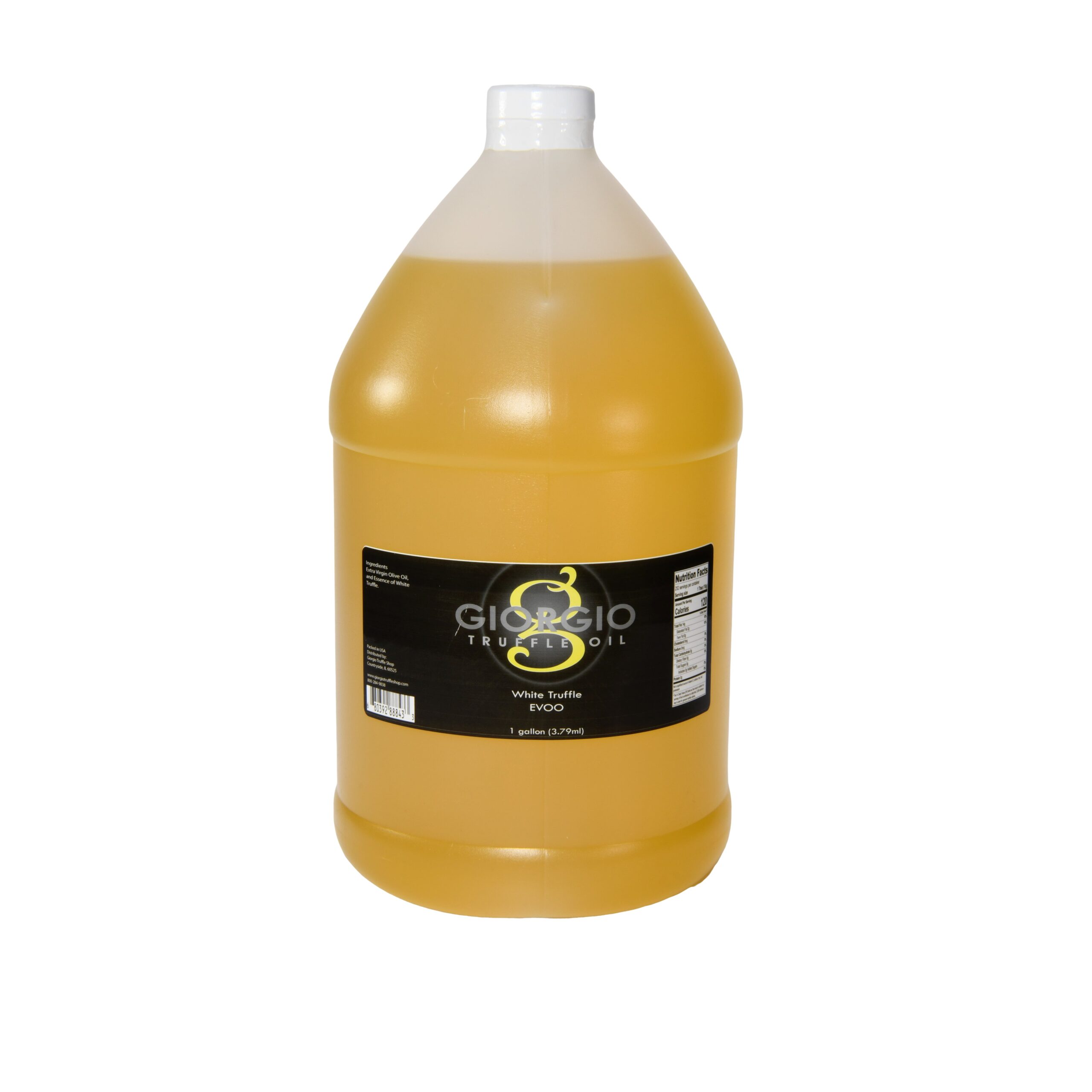Dealing with a painful, swollen lump near the anus can be distressing and uncomfortable. One common cause of this condition is an abscess, a collection of pus resulting from infection. When this occurs near the anus, it’s known as a perianal abscess, and timely medical intervention is critical. Many patients seek anal abscess surgery in Singapore to resolve the issue effectively and prevent further complications.
Common Symptoms You Shouldn’t Ignore
A perianal abscess typically forms due to an acute infection in the anal glands. Bacteria or foreign substances can easily invade these glands, leading to a buildup of pus and inflammation. Common symptoms include:
-
Pain and swelling around the anus
-
Discharge of pus, usually yellow or green
-
Redness or irritation near the affected area
-
Fever or chills
-
General fatigue and a feeling of being unwell
Often, patients may not initially recognize the seriousness of their symptoms. However, ignoring them can lead to worsening pain and possible development of an anal fistula—a tunnel between the skin and the anal canal.
How Diagnosis Is Made
In most cases, doctors can identify a perianal abscess through physical examination. For more complex or deep abscesses, imaging techniques like ultrasound, CT scans, or MRI may be used. These help colorectal specialists visualize the abscess and any fistula that may have developed.
At Crest Surgical Practice, expert colorectal surgeons use these tools not only to diagnose but also to plan the most effective treatment tailored to each patient’s condition.
Surgical Treatment and Recovery
Surgery is often the best course of action when dealing with a perianal abscess. This minor procedure involves making an incision near the anus to drain the pus and clean the infected area. Depending on the severity, the surgery may be performed under local or general anesthesia and is often done as a day procedure.
Patients with underlying conditions such as diabetes or weakened immune systems may require additional surgeries or longer recovery periods. In every case, your surgical team will carefully assess your overall health and explain any associated risks beforehand.
Ongoing Care and Monitoring
Though surgery typically resolves the abscess, follow-up care is crucial. Patients must be aware that abscesses can recur, sometimes forming a fistula that requires additional treatment. Monitoring the area for new symptoms and following post-operative instructions helps ensure long-term healing.
If you’re experiencing any of the symptoms mentioned above or suspect an abscess, don’t wait for the discomfort to worsen. Reach out to skilled professionals who can provide accurate diagnosis and effective treatment.
For expert care and compassionate treatment, consider consulting the team at Crest Surgical Practice—your trusted partner in managing anal and colorectal conditions.




